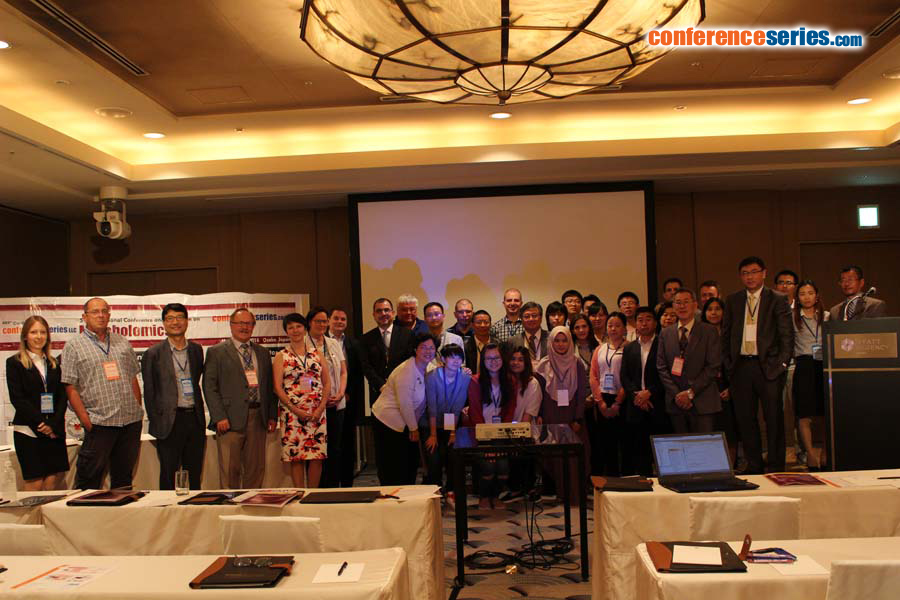
Hsien-Yeh Hsu
National Yang-Ming University, Taiwan
Title: Fucoidan inhibitory function in cancer in vivo and in vitro: Role in the development of human anti-cancer therapeutic intervention
Biography
Biography: Hsien-Yeh Hsu
Abstract
Fucoidan, a polysaccharide extracted from brown seaweeds, reduces proliferation in a battery of tumor cells. In recent, we demonstrated that fucoidan reduces tumor size both in LLC1 lung cancer-xenograft male C57BL/6 mice and in 4T1 breast cancer-xenograft female Balb/c mice. As it is known, transforming growth factor β receptors (TGFRs) play important roles in the regulation of epithelial-mesenchymal transition (EMT) as well as of proliferation/progression and metastasis in cancer cells. Using these cancer cells, we found that fucoidan effectively up-regulates epithelial markers, down-regulates mesenchymal markers, and also decreases expression of transcriptional repressors Snail, Slug, and Twist. In addition, we found fucoidan inhibits TGFR-mediated migration and invasion of cancer cells. Moreover, we found fucoidan decreases TGFRI and TGFRII proteins in vivo and in vitro. To elucidate the mechanism by which fucoidan decreases TGFRI/II proteins in cancer cells, we found that fucoidan enhances ubiquitination proteasome pathway (UPP)-mediated degradation/ubiquitination of TGFRs. We further demonstrated fucoidan promotes Smurf2 and Smad7 to conjugate TGFRs, resulting in TGFR degradation. Together, we are the first to identify a novel mechanism for fucoidan anti-tumor activity, namely decreasing tumor growth by modulating TGFR proteins degradation, leading to reduction of TGFR-mediated signaling, and further inhibition of cancer cells in vivo and in vitro. Our current findings indicate that fucoidan is a potential therapeutic agent or dietary supplementation for cancers, acting via Smurf2-dependent ubiquitin degradation of TGFRs affecting the TGFR/Smad/Snail, Slug, Twist, and EMT axes.



